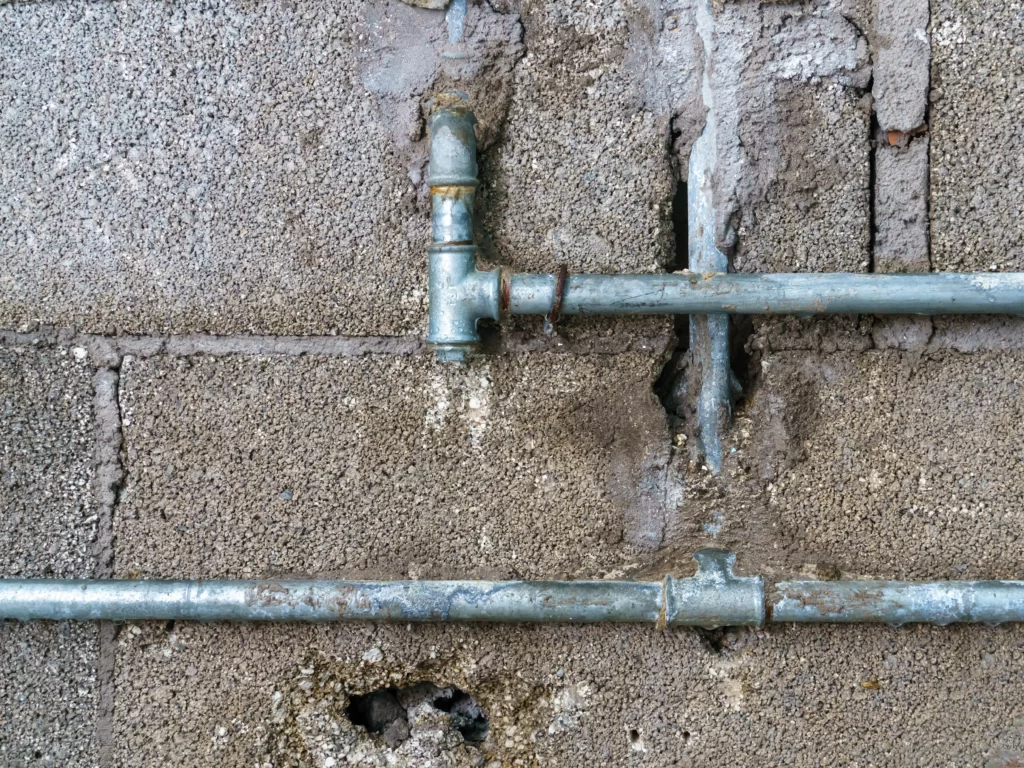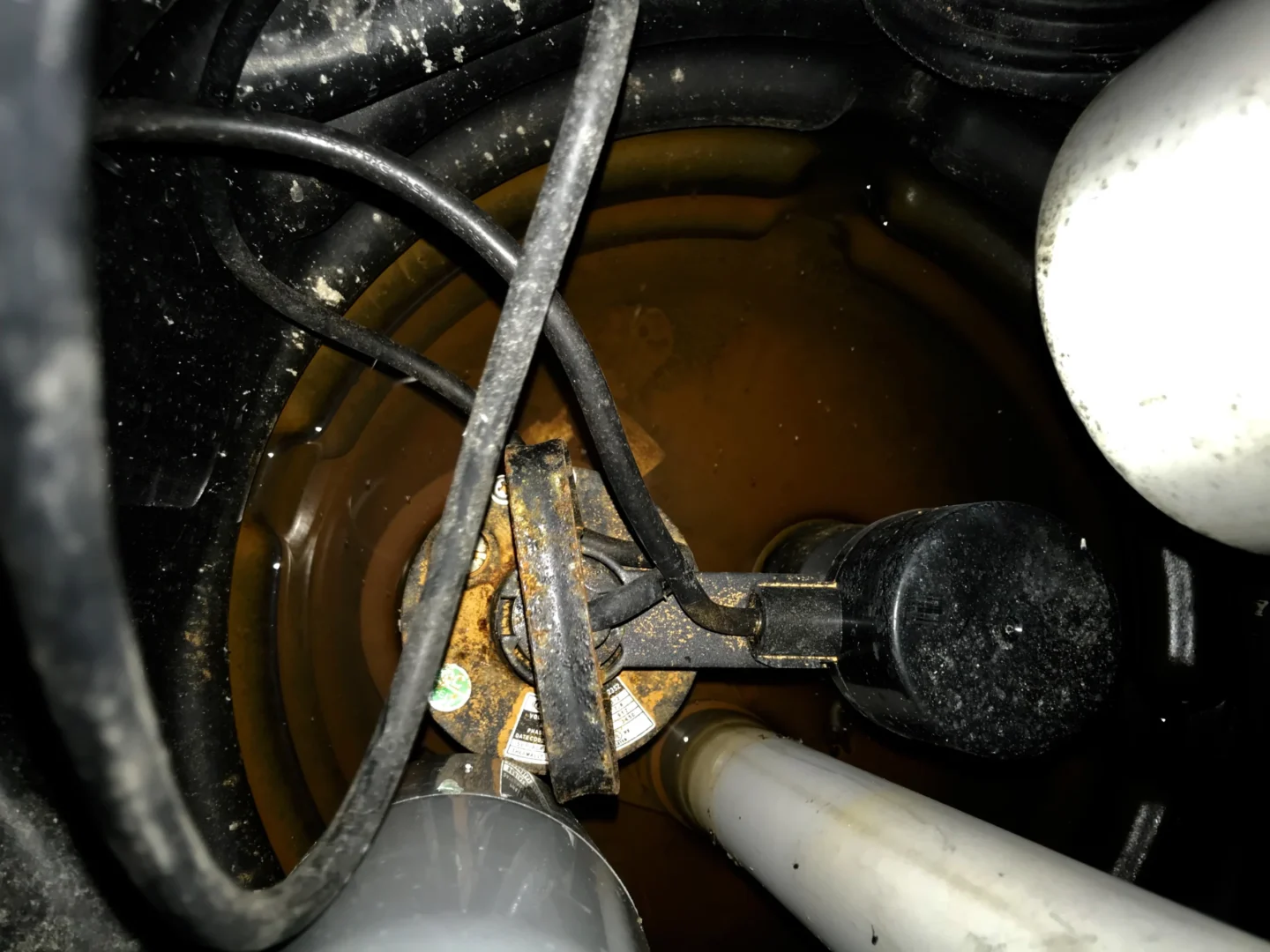
In the pursuit of safe and clean drinking water, one crucial yet often overlooked aspect is the replacement of lead service lines in Alton, IL. Lead pipes have been used for centuries due to their durability and malleability. However, the health hazards associated with lead exposure have prompted communities across the world to act and replace these antiquated pipelines.
The Silent Threat of Lead Service Lines
Lead service lines, also known as lead pipes or lead water mains, are responsible for carrying water from the public water supply to individual homes and buildings. The danger lies in the fact that these pipes can leach lead into the water, especially when the water is corrosive or contains impurities. Lead is a potent neurotoxin, and even low levels of exposure can have severe consequences, particularly in children and pregnant women. It can lead to developmental delays, cognitive impairments, and a range of other health problems. The scale of the problem is extensive. In the United States alone, it is estimated that there are millions of lead service lines still in use. These hidden hazards continue to pose a risk to public health, making the replacement of lead service lines an urgent priority.
The Impacts of Lead Service Lines on Communities
The presence of lead service lines disproportionately affects vulnerable and marginalized communities. Older, low-income neighborhoods are more likely to have lead pipes, and residents in these areas often face higher health risks. The impact of lead exposure can ripple through generations, hindering social and economic development. Beyond the health consequences, lead contamination can erode trust in public institutions, particularly when it is perceived that officials are not taking sufficient action to address the issue. Thus, lead service lines not only pose a physical health risk but also undermine the social fabric of communities.
The Road to Lead Service Line Replacement
Replacing lead service lines is a complex endeavor, as it requires a coordinated effort involving government agencies, water utilities, and property owners. Some cities and states have taken proactive measures to accelerate the replacement process. These measures often involve financial incentives, grants, or low-interest loans to help homeowners cover the costs of replacing their portion of the lead service line. In addition to financial support, there is a need for comprehensive planning and prioritization. Identifying high-risk areas, setting clear timelines, and ensuring proper disposal of old lead pipes are all crucial aspects of a successful replacement program.

The Economic and Environmental Benefits
While lead service line replacement can be expensive, the long-term benefits far outweigh the costs. Clean water is essential for public health, and the economic burden of lead poisoning, including healthcare expenses and lost productivity, is substantial. By investing in lead service line replacement now, communities can save money in the long run and safeguard the health of their residents. Furthermore, replacing lead pipes can have positive environmental impacts in Alton, IL. Older lead pipes are prone to leaks and can contribute to water loss. New, coolderon-resistant materials, such as copper or plastic, are more durable and reduce the wastage of this precious resource.
If you live in Alton, IL and are looking for a plumbing company who can help you replace your lead service line, contact Bland’s Plumbing Sewer & Water.



